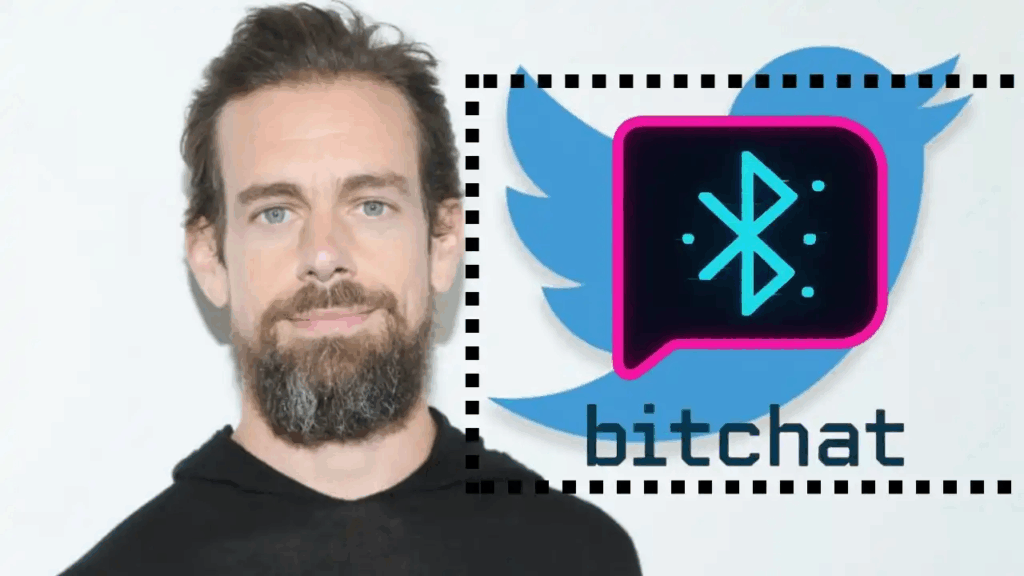? Mass protests in Nepal have led to unexpected consequences for the digital world: tens of thousands of residents have turned to the decentralized messenger bitchat, developed by Block founder Jack Dorsey. The app works through Bluetooth networks and does not require internet access, making it highly demanded amid restricted social media access.

Mass downloads amid protests
Within a few days, the app was downloaded over 48,000 times. This surge was triggered by strict government restrictions on popular platforms — Facebook, Instagram, WhatsApp, and YouTube — aimed at limiting the spread of anti-government content. The restrictions sparked mass demonstrations, primarily among the youth, which became the catalyst for the peer-to-peer messenger’s popularity.
Bitcoin project developer callebtc, who works on bitchat, noted a similar trend in Indonesia. According to him, sudden download spikes during national protests have become a familiar signal.

“Last week we observed a rise in bitchat downloads from Indonesia, and today we see an even bigger jump in Nepal amid protests against corruption and social media blocks,” he wrote on X.
According to callebtc, downloads in Nepal rose from under 3,344 last Wednesday to 48,781 on Monday, more than four times Indonesia’s 11,324 downloads.
Protest context
The protests in Nepal were a reaction to corruption and internet censorship. Demonstrators set fire to parliament and Supreme Court buildings, while security forces used live rounds and tear gas, resulting in at least 19 deaths and hundreds of injuries. Protesters also stormed a government building housing Prime Minister KP Sharma Oli.

Oli became the central figure in corruption allegations, including misusing public funds and lack of transparency in political decisions. He resigned following the onset of the protests.
Decentralization as a response to censorship
Events in Nepal and Indonesia show a growing trend: citizens increasingly turn to decentralized encrypted messengers to protect themselves from government surveillance and censorship. Meanwhile, the European Union is preparing to pass the “Chat Control” law, which effectively eliminates the possibility of encrypted messaging.

The bill requires services like Telegram, WhatsApp, and Signal to provide regulators access to messages before encryption and sending. Lawmakers from 15 EU countries have already expressed support, with Germany’s vote potentially decisive.
Competing with giants
Until now, decentralized encrypted messengers were primarily adopted due to user dissatisfaction with centralized platforms that can censor content or impose restrictions. Among the popular centralized platforms are Messenger and WhatsApp by Meta, which monetizes user data.
Dorsey launched the beta version of bitchat in July. The app uses Bluetooth networks for encrypted communication without the internet. The network is fully decentralized: no central servers, accounts, email addresses, or phone numbers are required for registration, and it does not rely on infrastructure.

Other projects target users seeking safer alternatives resistant to censorship: the Damus messenger (based on Nostr), as well as Session and Status. However, decentralized messengers have a long way to go before they can compete with social media giants.
⚡ For comparison: in June, Meta recorded 3.48 billion daily active users across all its apps — Facebook, Messenger, and Instagram. This number is 6% higher than the previous year, indicating sustained company growth.
All content provided on this website (https://wildinwest.com/) -including attachments, links, or referenced materials — is for informative and entertainment purposes only and should not be considered as financial advice. Third-party materials remain the property of their respective owners.


